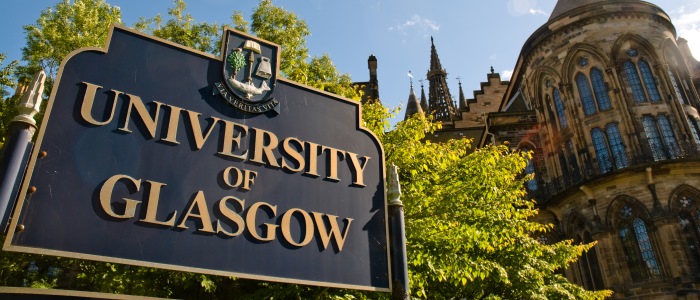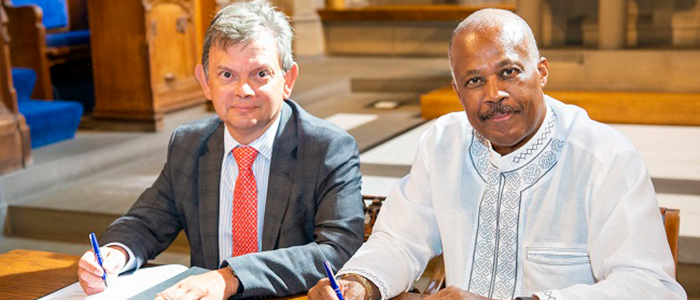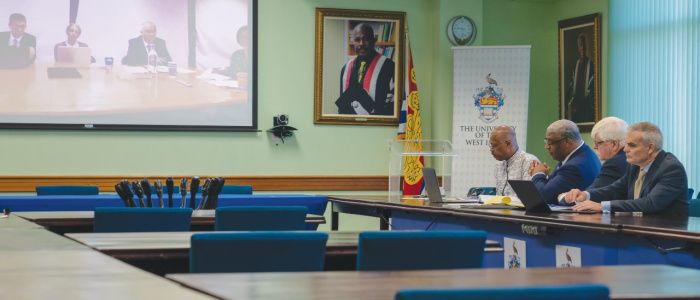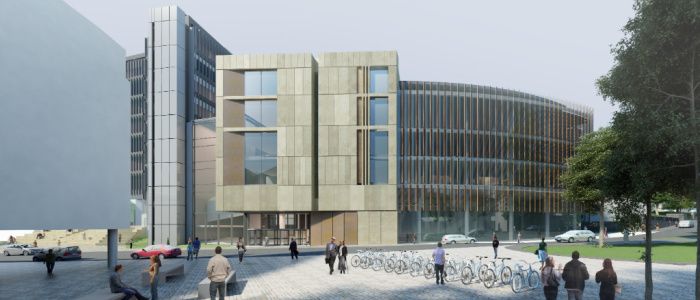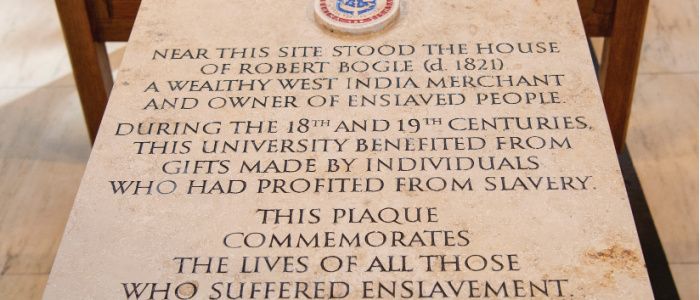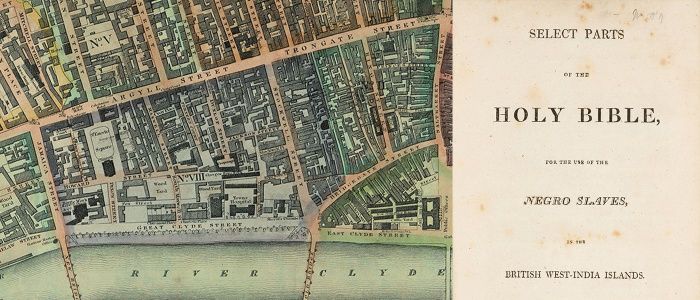Reparative justice
The University of Glasgow has been changing the world for more than 500 years, making a positive impact on many aspects of society. In the 18th and 19th centuries, the University played a leading role in the abolitionist movement to end slavery. However at the same time, our predecessors accepted gifts and bequests from people whose wealth was derived, wholly or in part, from slavery.
To redress this past wrong, we commissioned our historians to research the University’s financial gain from slavery-related wealth. The report was published in September 2018 and included proposals for a significant programme of reparative justice. We have committed to delivering on the nine recommendations in the report over the coming years.
This world-leading initiative has created a platform for sector change and international debate, resulting in a unique partnership with the University of the West Indies, new research into slavery within UK universities, and our commitment to hearing voices previously marginalised by history.
Our work in this area cannot change the past, but we are committed to being open about what happened and to working with others to create a better future for everyone. By engaging with as many stakeholders as possible, our aim is to create a new generation of UofG world changers.
"Talking about any institution's or country's historical links to slavery can be a difficult conversation, but we felt it was a necessary one for our university to have."
Professor Sir Anton Muscatelli, Principal & Vice-Chancellor
"From the very first we determined to be open, honest and transparent with the findings, and to develop a programme of reparative justice."
Dr David Duncan, Chair, History of Slavery Committee
- Full report: Slavery, Abolition and the University of Glasgow


